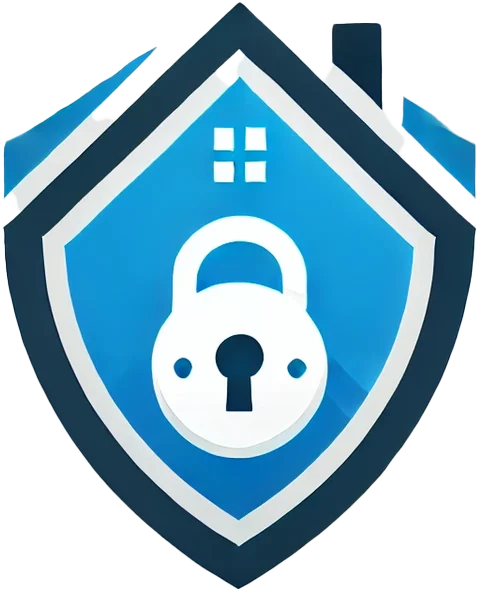FAQ
Home network security involves protecting your home network and connected devices from cyber threats like malware, unauthorized access, and data breaches. With more devices connected to the internet, securing your network is crucial to safeguarding your personal and financial information.
Common threats include malware, phishing attacks, unsecured Wi-Fi networks, and outdated software or devices. These vulnerabilities can lead to data theft, privacy breaches, and unauthorized access to your network.
You can improve your home network security by using strong, unique passwords for your Wi-Fi and devices, enabling encryption, regularly updating your router and devices, and using a firewall. SecureTrust Cyber also offers additional tools and services to enhance your network security.
Unlike ISPs that often provide helpdesk-level support, Secure Home offers expert security engineers with years of experience in cybersecurity. We provide advanced, proactive protection tailored to your home network needs.
Once your account is created you will receive an email from our platform with a link to download our agent. (we don’t install software on your system) Our agent will manage the connection to your private VPN. All the security is managed in the cloud not on your system.
Our Security team creates IPS and firewall protections for phishing attacks based on Indicators of Compromise (IOCs). The IOCs are accumulated from a variety of private and open source threat intelligence feeds that contain domains, URLs, and other data about known phishing campaigns. Any traffic that matches the IOC of a known phishing campaign is automatically blocked by the IPS engine.
A strong password is at least 12 characters long and includes a mix of letters, numbers, and symbols. Avoid using easily guessed information like names or birthdays. Our service can provide you with a password manager that generates and stores strong passwords for you.
Our team constantly monitors the latest cyber threats and updates our security tools to protect against them. We use advanced threat intelligence and proactive measures to keep your network safe from evolving risks.
Parental controls help you manage what your children can access online, setting time limits, blocking inappropriate content, and monitoring their internet use. Our team can help you set up these controls to keep your family safe online.
By default these categories are blocked:
- Criminal Activity
- Games
- School Cheating
- Porn
- Illegal Drugs
- SPAM
- Phishing
- Hacking
- Botnets
- Compromised
- Gambling
- Sex education
- Nudity
- Violence and Hate
- Cults
- Anonymizers
- Tasteless
- Parked domains
We give you the ability to turn off the security at anytime to visit any site you wish.
As outlined in our privacy policy, we do not store any of your network data. Furthermore any data that is monitored for malicious activity is deleted as soon as it is no longer needed for analysis. Data that is used to set up your account (name, email address) is always encrypted with strong AES 256 encryption. We follow all required data privacy guidelines as a practice.
A secure home network should have strong passwords, encrypted connections, up-to-date software, and a firewall. Regular network monitoring and security audits can help identify and mitigate potential vulnerabilities.
A firewall acts as a barrier between your home network and the internet, blocking unauthorized access while allowing legitimate traffic. It helps protect your network from external threats such as hackers and malware.
Our security solutions are optimized to work without significantly affecting your internet speed. They are designed to protect your devices without getting in the way of your online experience.
Public Wi-Fi networks are often unsecure, making it easy for hackers to intercept your data. To stay safe, avoid accessing sensitive information on public Wi-Fi, or use a Virtual Private Network (VPN) to encrypt your connection. Our always on VPN means you are protected wherever you go as part of our security package.
Two-factor authentication (2FA) adds an extra layer of security by requiring a second form of verification, like a text message code, in addition to your password. It’s highly recommended for protecting your accounts, and we can help you set it up easily.
Look for a padlock symbol in the browser’s address bar and ensure the URL starts with “https.” Avoid websites with spelling errors in the address or that look untrustworthy. Our security solutions can also help warn you of unsafe websites. We also maintain a list of sites that are risky and actively block them.
Yes, smart home devices like cameras, smart locks, and lights can be hacked if not properly secured. Always change default passwords, keep the device software updated, and use secure connections.
Yes. For example, if you want to bet on your favorite sports team you have the ability to turn off the connection to browse any site you wish. (this turns off the everything in the security stack) We recommend that you always turn the security back on once you are finished. We are not responsible for any adverse consequences of doing so.
All you have to do is click HERE
